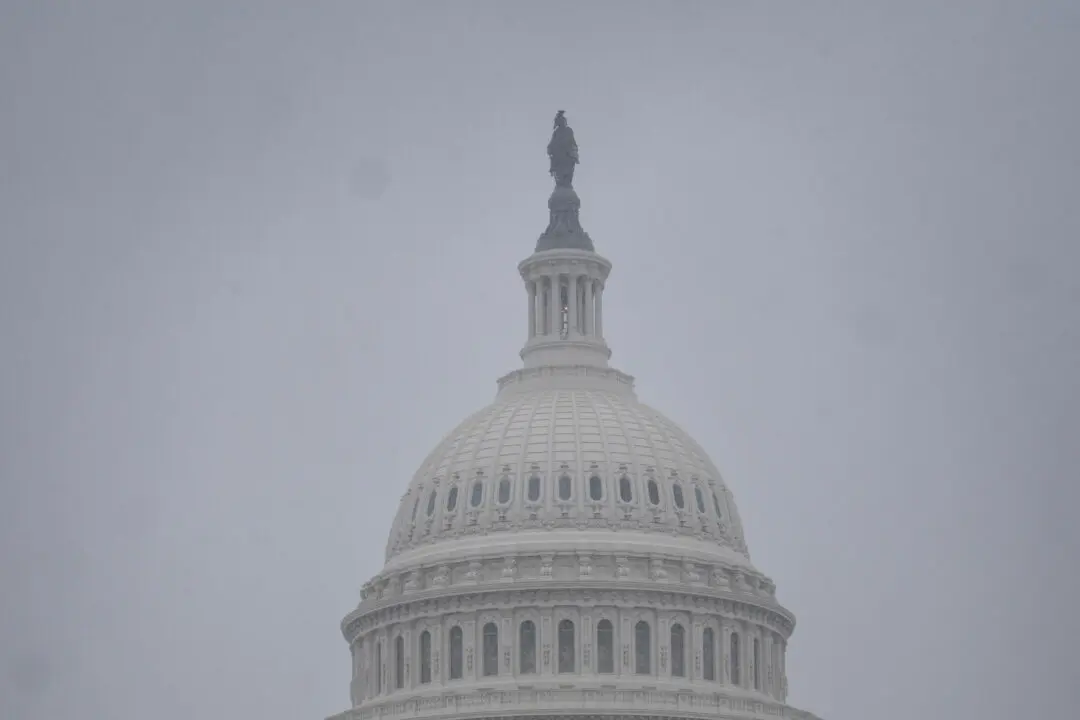A new conservation law and policy center aims to promote good stewardship of the land without compromising private landowners’ property rights, including by cutting red tape to lower the risk of wildfires.
The center, founded by the Property and Environment Research Center (PERC), intends to drive collaboration, and not the sort of conservation that “pits people against each other” through endless litigation, Jonathan Wood, PERC’s legal director, told The Epoch Times in a Sept. 22 interview.





